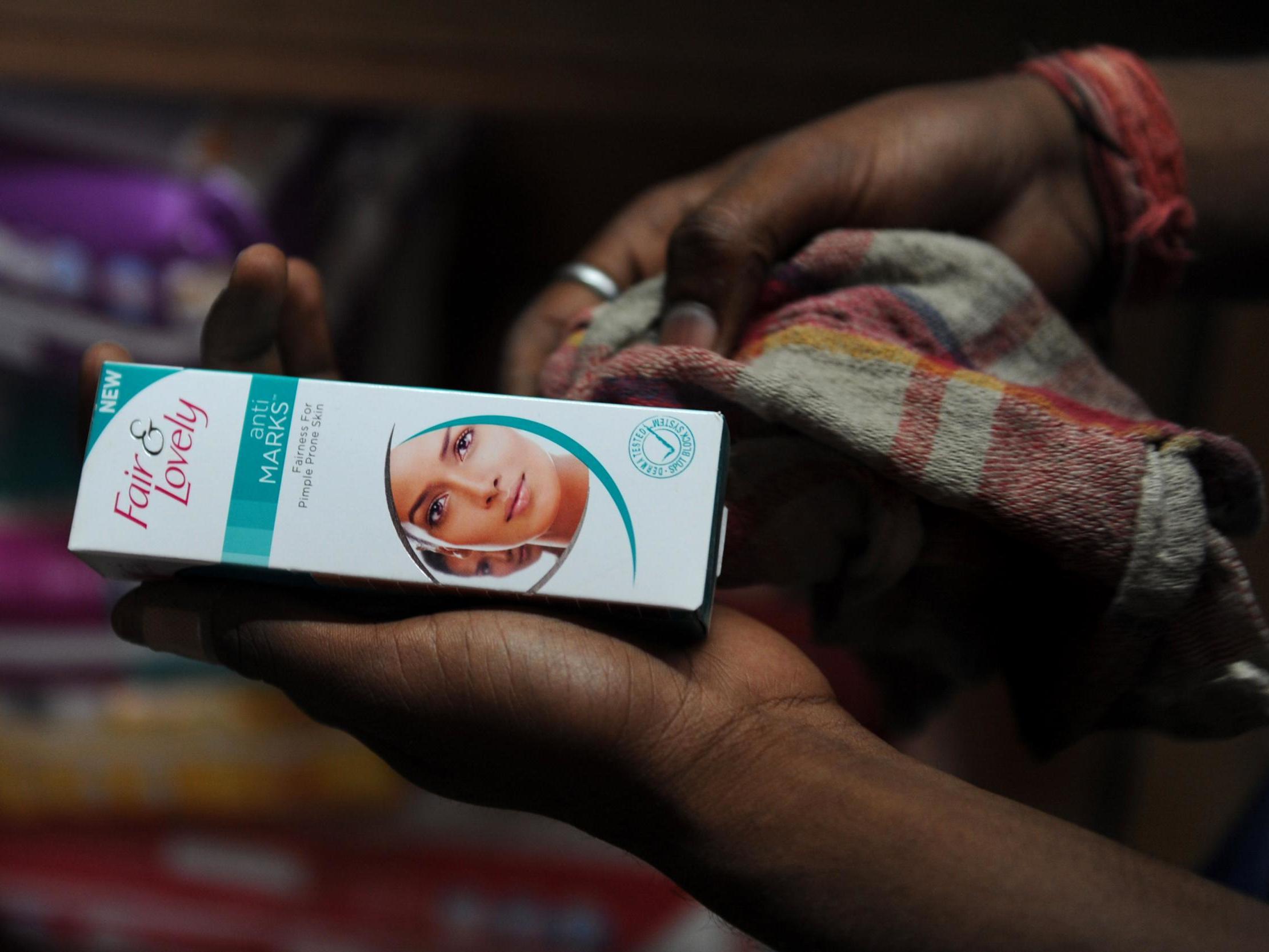Unilever’s rebrand of Fair & Lovely is a sticking plaster – it shouldn’t sell skin lightening creams at all
The multi-billion pound company’s decision looks suspiciously like a mere PR exercise


The idea of lighter, fairer skin being “better” has been a mainstay of south Asian culture for so many years. Just a quick glance at Bollywood’s main roster of stars is testament to this – as are the brands and products they have willingly endorsed. This perception has not only remained in south Asia – those south Asians born in other countries have also had the same thinking ingrained in them.
In the UK, consumers – most of whom tend to be made up of consumers of colour, including south Asians – have received numerous warnings by the Local Government Association over the years to steer clear of creams containing hydroquinone, steroids or mercury as some products can “act like a paint stripper”. Meanwhile, Asian marriage website Shaadi.com removed a skin-tone filter following pressure from users.
But it’s hard to track down where this obsession with lighter skin started – did it begin with brands like Unilever’s Fair & Lovely, or was there some form of deep-rooted cultural belief that lighter skin is “better”, which multinational brands exploited to make a profit?
Neither of these is okay.
When Unilever announced on Thursday that it would be rebranding its hugely popular “Fair and Lovely” product line, my immediate thought was, if the company really cared, then why doesn’t it remove the brand altogether? Those who buy the cream aren’t suddenly going to stop, and nor is the notion that lighter skin is more desirable – as it has been around Indian and south Asian culture for so many years.
In fact, the announcement did little to dispel the idea that Unilever is consciously tapping into a stereotype to make a profit. Sunny Jain, the company’s president of beauty and personal care, said that the words “fair”, “white” and “light” suggested a singular ideal of beauty that it doesn’t think is right – but Unilever is merely changing its messaging to “beauty that celebrates skin glow”. The company also suggested it would be more inclusive in its advertising in future, featuring women with darker skin tones. It would, of course, be impossible to promote a skin lightening cream with darker skin tones, though – and that in itself is the problem.
So why has the company not followed rival Johnson & Johnson, which last week, announced it would stop sales of skin-lightening lotions from its Neutrogena and Clean & Clear ranges altogether?
I have an idea. Fair & Lovely makes more than $500m (£325m) a year for Unilever in India alone. Sometimes money is worth more than making a real change. The brand – no matter what it’s called – will continue to perpetuate the myth that lighter skin is better. While $500m is a considerable amount of revenue, it’s worth putting this into context; Unilever is worth £44bn (£35bn).
Unilever has essentially been forced to make a change that it didn’t want to make – with a number of petitions on Change.org against the product, including one initiated by a former Unilever employee. The company is acting like it cares and wants to do the right thing – but actions speak louder than words. The Black Lives Matter protests have created real changes around the world around racism and stereotyping – and while some organisations have decided to make genuine changes, many of them like Unilever are merely paying lip service.
Unilever cannot be solely blamed for entrenched beauty standards in south Asian culture, but it had a chance to stand up and make a real change, and didn’t – and that is unforgivable.





Join our commenting forum
Join thought-provoking conversations, follow other Independent readers and see their replies
Comments